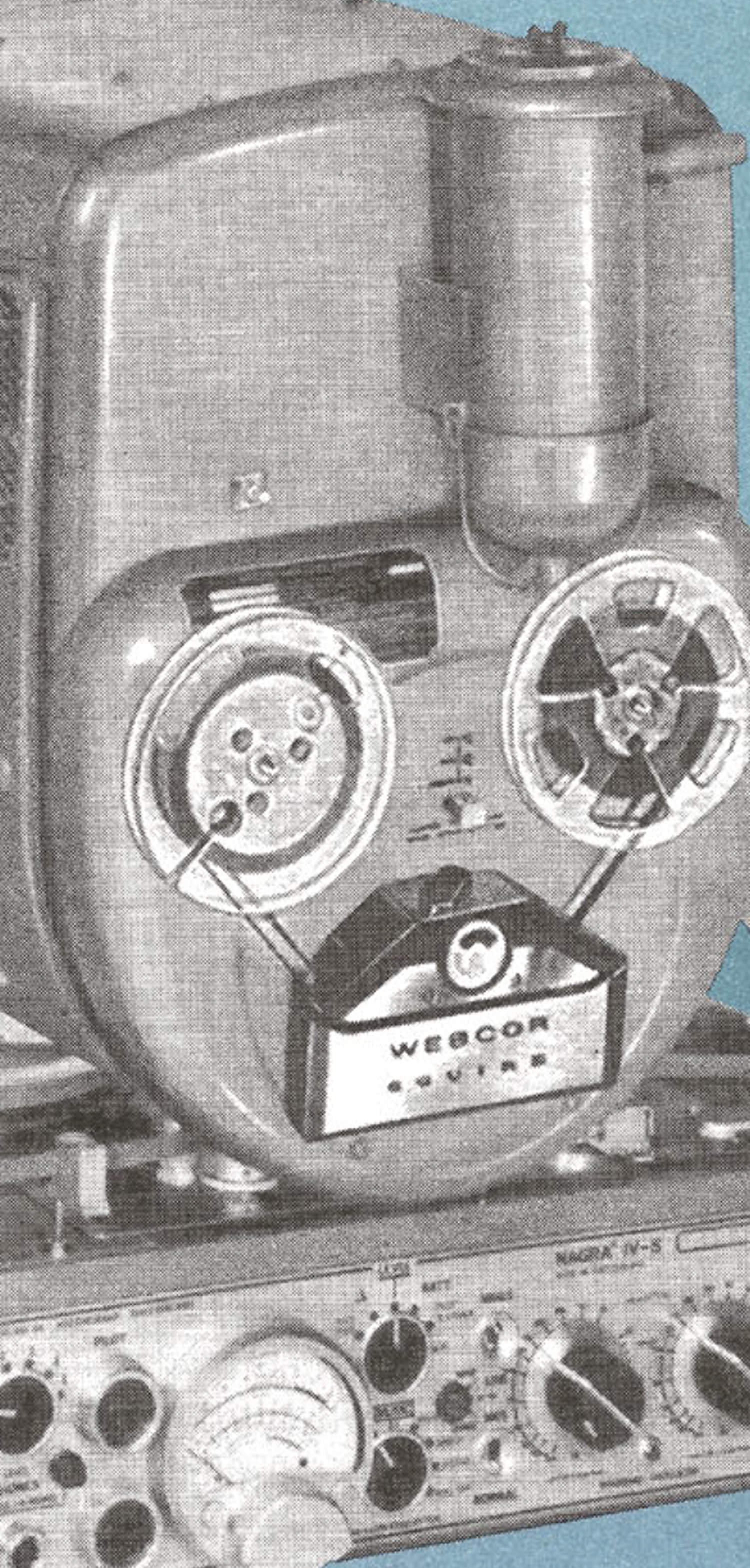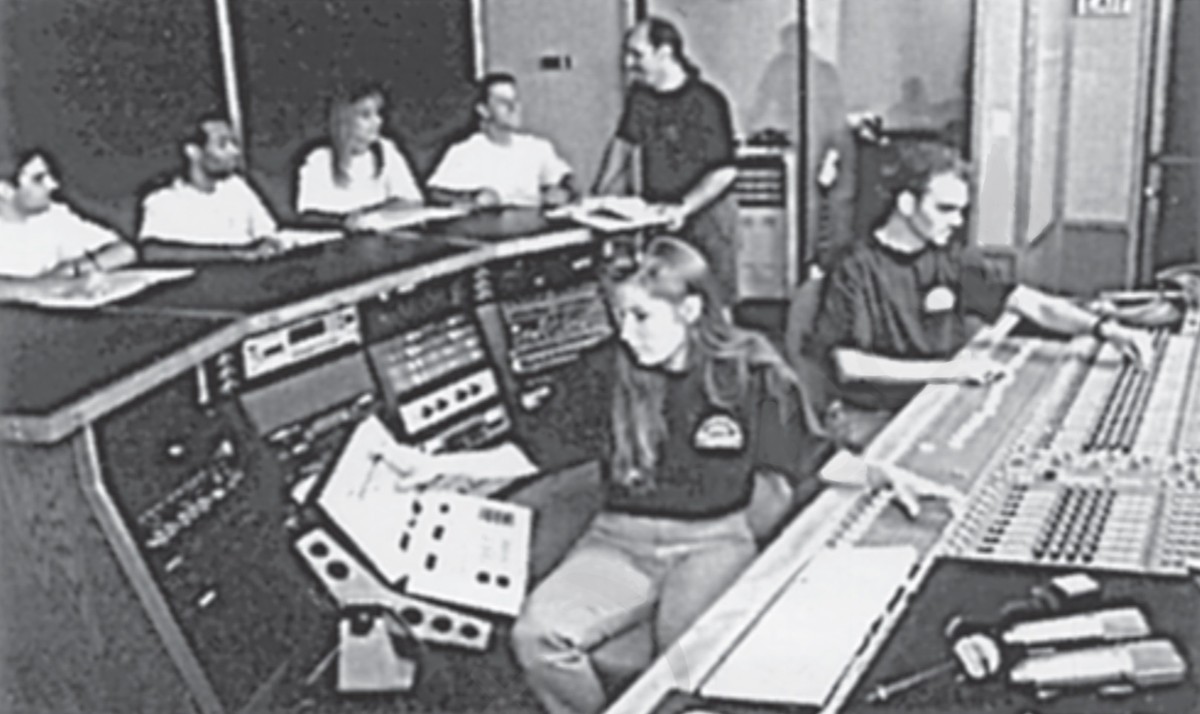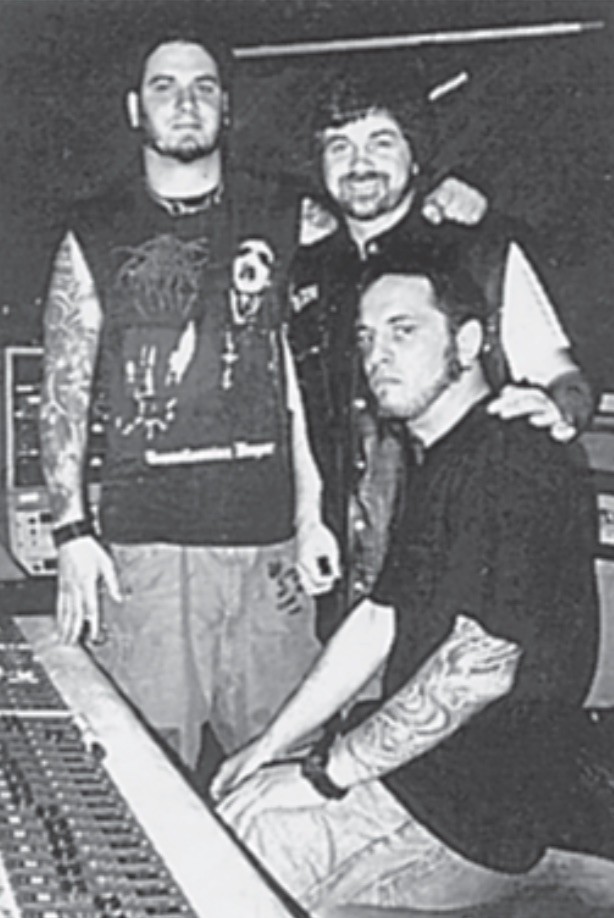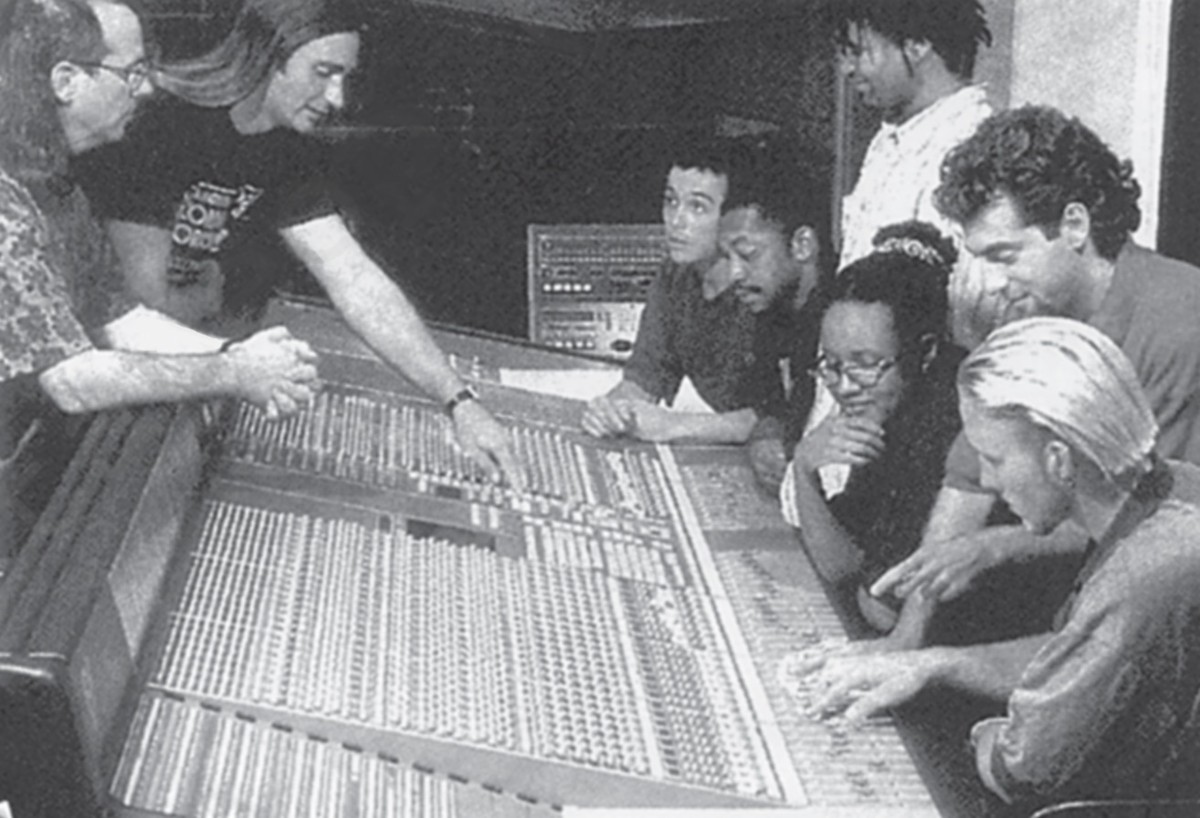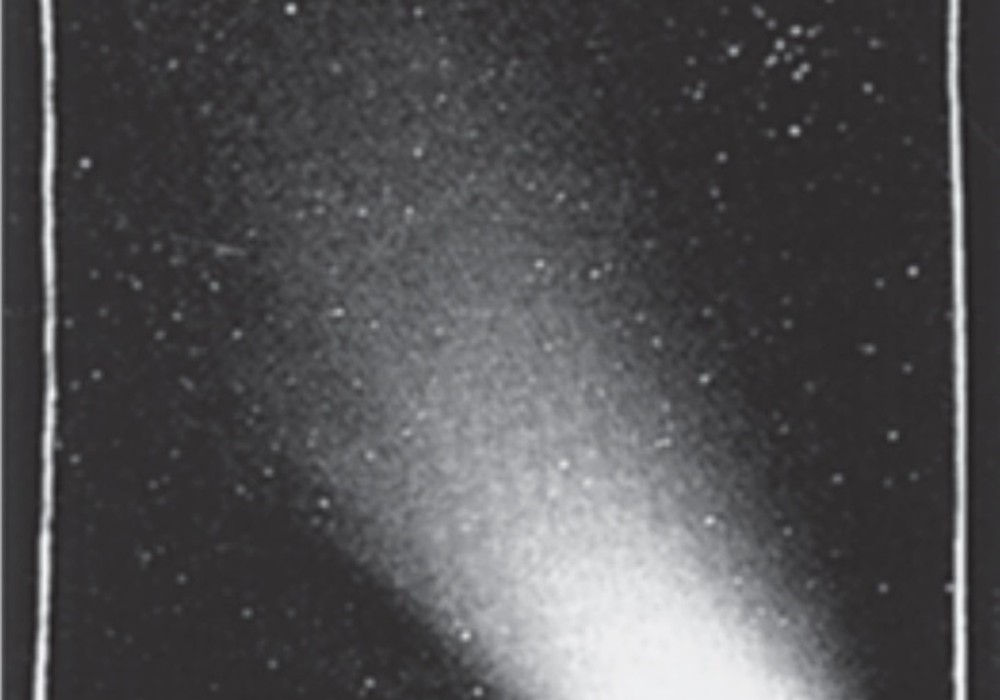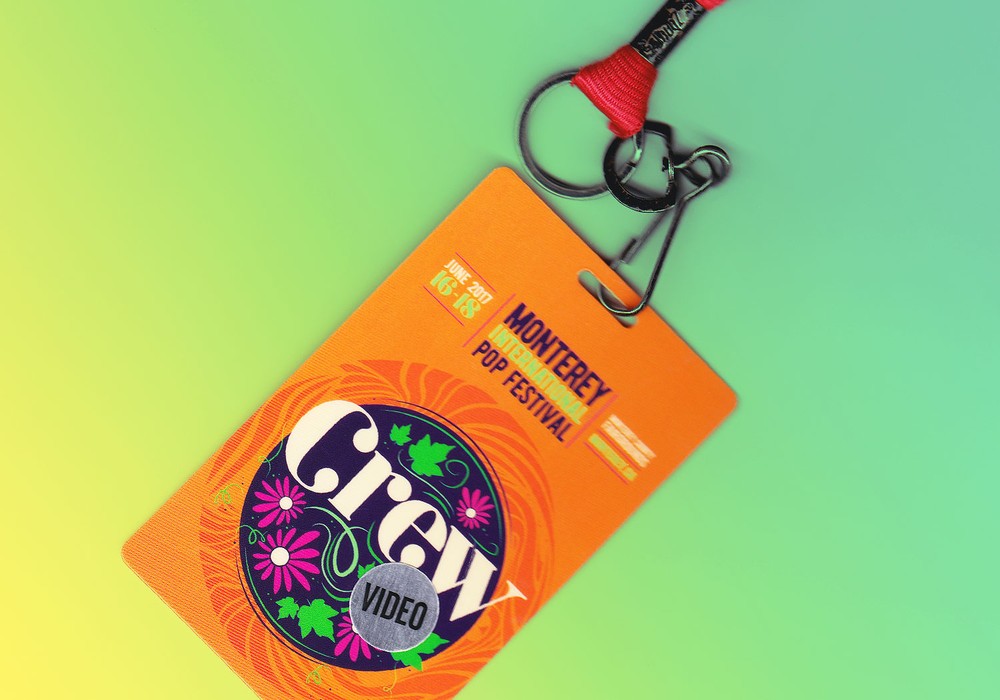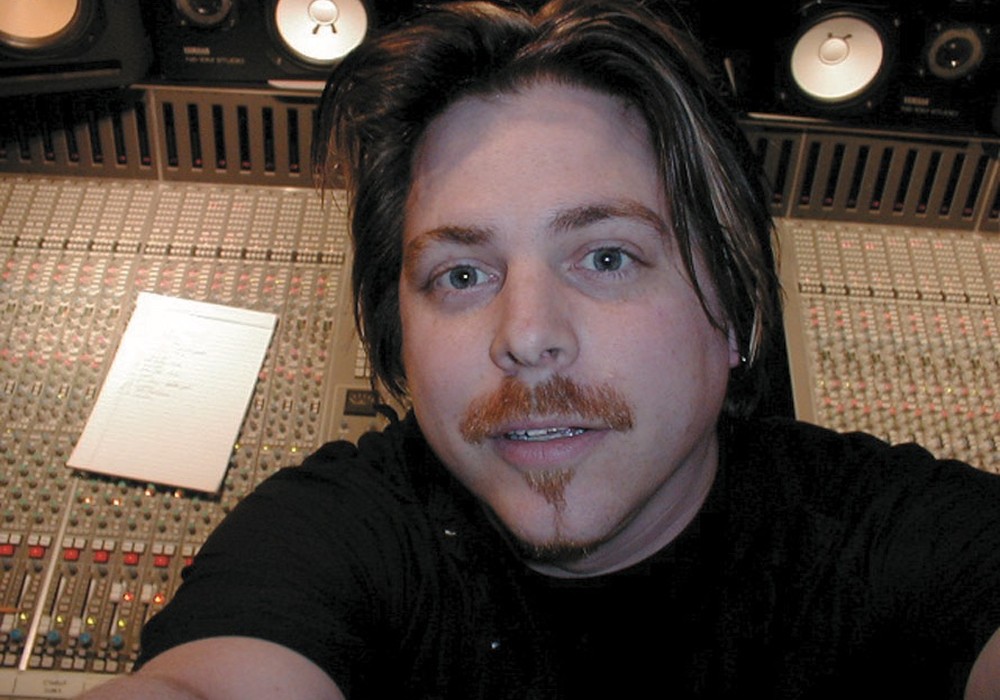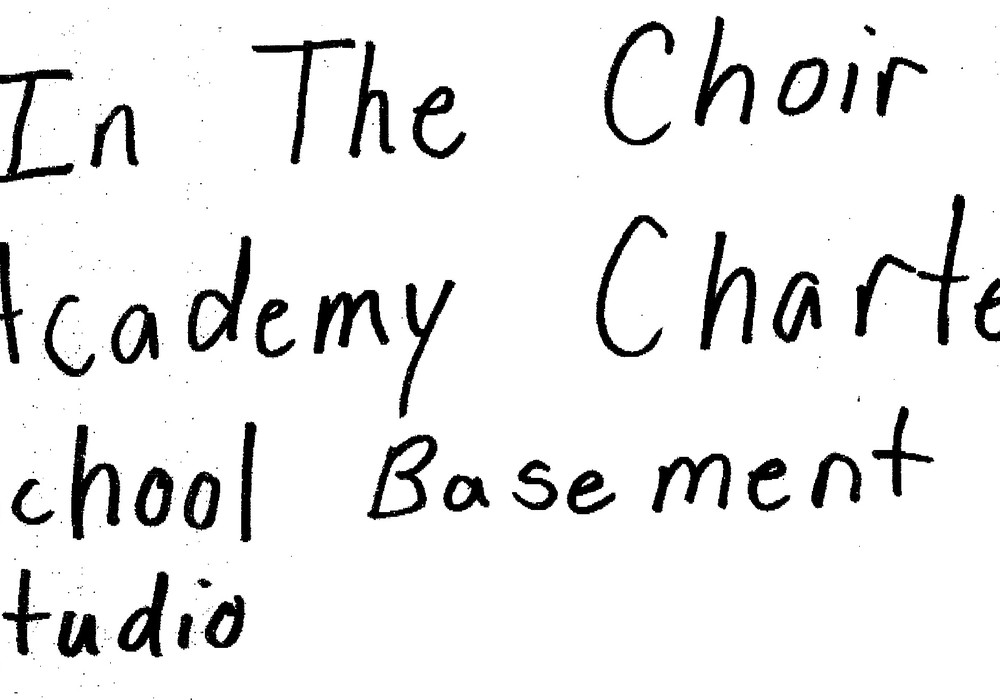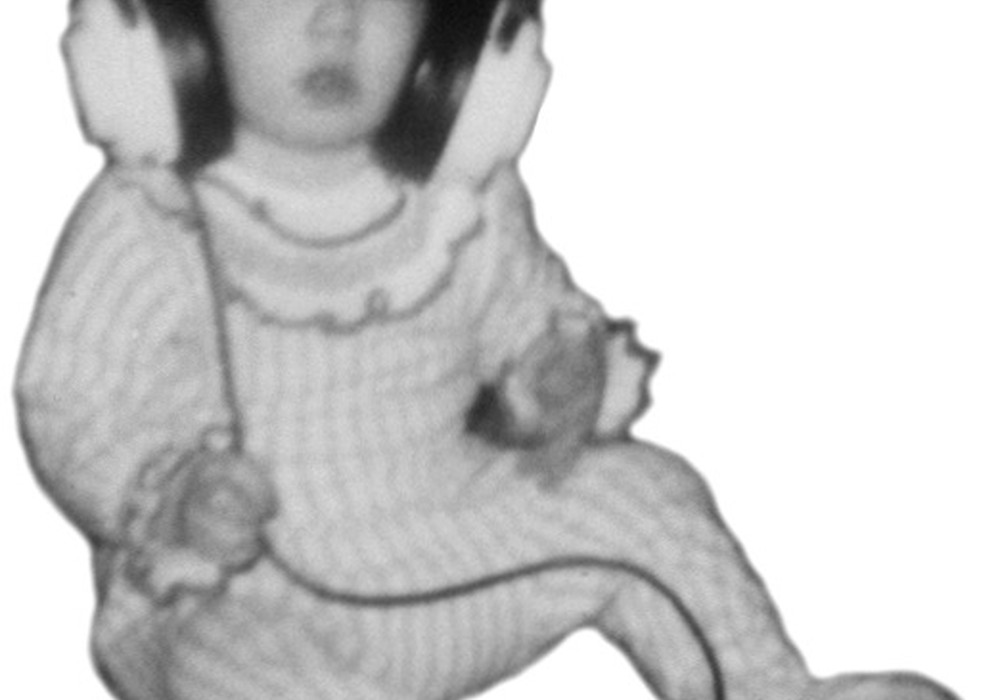A few months ago I got the idea that I would go to recording school. I did some checking into the options and I found some things that might help, or at least amuse, some of you Tape Op readers.
When I talked to the man from the Los Angeles Recording Workshop, he told me that analog recording will be completely passe' within 5 years. He said that LARW was the best choice for a recording school because they guarantee that they have the most up-to-date software at any given moment. They have a contractual agreement with Pro-Tools, for Christ's sake! When I talked to the lady at Full Sail in Florida, she told me that until I registered with Full Sail, I could feel sure that I was not serious about music. Well, I like analog recording and I am serious about music, in my own way dammit, but I was not to be put off so easily. I sent for more information.
One thing that recording schools like to tell you about is all the good stuff that their alumni are involved in. Full Sail graduates have worked with Shaquille O' Neal, Paul McCartney, and VH-1, for example. The Recording Institute of Technology (RIT) are proud to announce that their graduates have gone forth to work with Ugly Kid Joe, Richard Marx, Alice Cooper, Chick Corea, and more. The Conservatory of Recording Arts and Sciences asks the question, "What do Madonna, Korn, and Garth Brooks have in common?" If you answered, "I would rather be killed by a million little pin pricks than listen to their albums, " I'd say nice try, but the real answer is, "Smash hits, tracked, mixed, or mastered by Conservatory graduates!"
Despite alternating nightmares of myself hunched over a laptop trying to properly equalize a fusion band or myself as assistant soundman for Molly Hatchet, I continued to fancy the idea of having the chance to record every day for a year or so. I'm stubborn like that. Anyway, any imagined flights of fancy were quickly grounded when I started looking at tuition costs. The slickest place I looked at was probably Full Sail, and they charge around $20 grand a year. Now, a certain recording engineer with a studio of his own told me that $20 grand was approximately the amount that he started his studio with. I know that the argument could be made that gear is just gear, and knowledge is something bigger, but this guy has some really nice stuff. The Los Angeles Recording Workshop costs around $7 thousand for a 600 hour program. The program is "designed to train you for the job position of ASSISTANT AUDIO ENGINEER." It's difficult to explain the coldness with which such a title leaves me. $7 thousand later, and you are an AAE.
It was right around this stage in my research that the words of Larry Crane, the editor of this publication, came back to me. I had told him about my recording school idea and he had said, "You're crazy. Buy a 4 track and get to work." At the time, his idea sounded like the bolt of lightening that my life needed. I was, of course, wrong. I now have a little 4 track room in my basement, and I know that there is no bolt of lightening. There is nothing that will make me a brilliant engineer except for doing it. I've progressed with my $200 Yamaha further than I could've imagined, and I have plenty to work on. I'm not saying that no one could benefit from a recording school education; I'm just saying that you've got to be able to see what's right in front of your face. I'll probably forget that again later, but for now, I'm busy recording.
